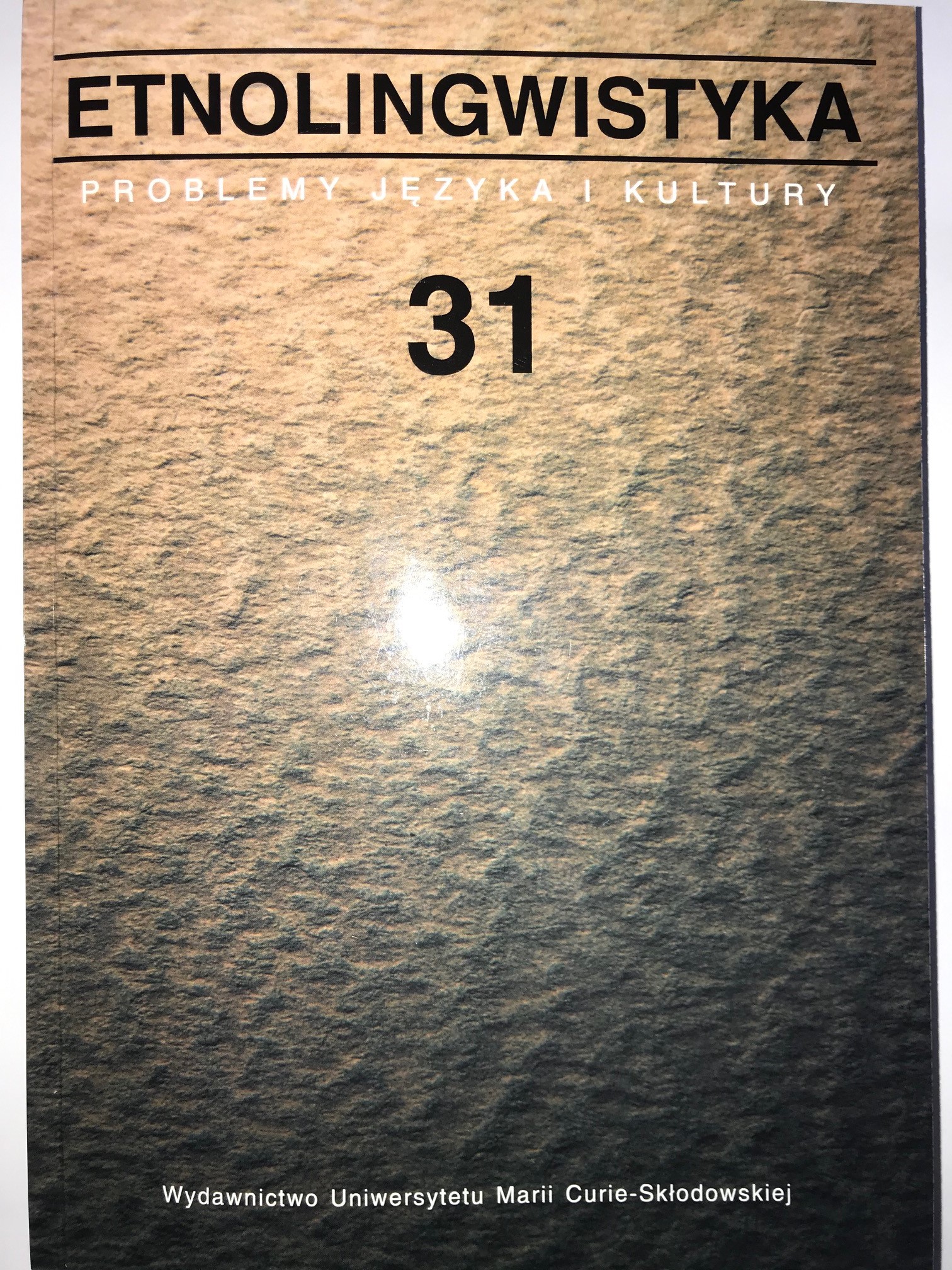Językowy obraz świata zdehumanizowanego: na przykładzie obrazu chorych umysłowo w powieści Elfriede Jelinek Die Klavierspielerin i jej przekładzie na język polski autorstwa Ryszarda Turczyna
The linguistic view of a dehumanized world: the mentally ill in Elfriede Jelinek’s Die Klavierspielerin and its translation into Polish by Ryszard Turczyn
Author(s): Joanna KubaszczykSubject(s): Translation Studies
Published by: Wydawnictwo Naukowe Uniwersytetu Marii Curie-Sklodowskiej
Keywords: linguistic worldview; dehumanization; translation; conceptual metaphor; frames; semantic field; mentally ill; waste; merchandise
Summary/Abstract: The article analyzes a fragment of the novel Die Klavierspielerin by Elfriede Jelinek and its translation into Polish by Ryszard Turczyn. Jelinek’s novel can be regarded as a social novel, in which the author performs not only an analysis of individual fate but also of the society, where an individual is treated as a “social product”. The analysis of the human and social condition takes place in Jelinek’s work through a language that mercilessly reveals the way the protagonists think, as well as social mechanisms. The article shows how Jelinek’s language reveals contemporary dehumanization in relation to the elderly and the mentally ill. Based on the theory of cognitive metaphors, the author analyzes textual worldview: she assumes after Lakoff and Johnson, and indirectly also after Jelinek, that linguistic metaphors are manifestations of conceptual metaphors. At the same time, the article attempts to investigate whether and how much this linguistic worldview has been reproduced in the Polish translation of the book.
Journal: Etnolingwistyka. Problemy Języka I Kultury
- Issue Year: 31/2019
- Issue No: 31
- Page Range: 191-210
- Page Count: 20
- Language: Polish

